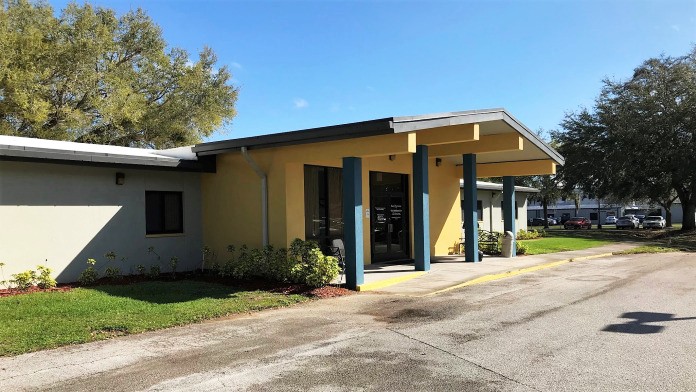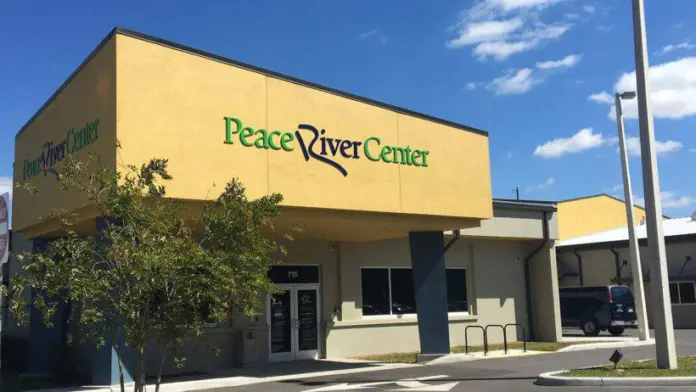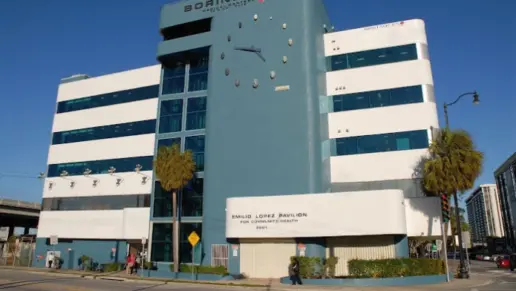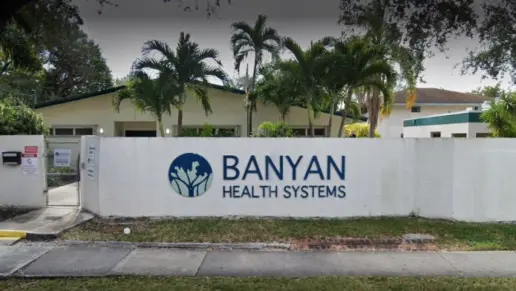About Peace River Center – 1260 Golfview Avenue
Peace River Center - 1260 Golfview Avenue in Bartow, Florida, is a behavioral health center that provides substance use treatment to adults and adolescents. They are licensed and certified by the State of Florida to provide substance user services. They offer assistance to individuals who are struggling with addictions to illegal drugs, alcohol and prescription medication. Their treatment approach focuses on helping clients develop healthier lifestyle choices and behaviors. In addition to counseling for adults and adolescents, they also provide counseling for clients’ families and significant others. Peace River Center uses evidence based and practical treatments to help their clients heal from substance abuse.
The services available at this facility include individual and family substance counseling, outpatient group therapy and substance abuse education. I like that their group therapy sessions cover many topics that can help in a patient’s recovery. Some of the subjects clients learn about include codependency, trauma and anger management. Additional medical information that may be provided includes meditation and smoking cessation. Through these group sessions, Peace River Center strives to improve a patient’s recovery knowledge and quality of life so they are less likely to use substances.
The center believes an important part of helping clients recover from addiction is treating their mental health symptoms. The mental health professionals develop treatment plans based on a client’s medical and psychiatric conditions, along with their struggles and goals. Therapists may use approaches such as cognitive behavioral therapy to help clients let go of faulty beliefs hindering their recovery and develop healthy coping skills to prevent relapse.
Latest Reviews
Rehab Score
Gallery


Location
Accepted Insurance



Other Forms of Payment
Private insurance refers to any kind of healthcare coverage that isn't from the state or federal government. This includes individual and family plans offered by an employer or purchased from the Insurance Marketplace. Every plan will have different requirements and out of pocket costs so be sure to get the full details before you start treatment.
Self-pay involves paying for treatment out of your own pocket. You can use savings or credit, get a personal loan, or receive help from family and friends to fund your treatment. If you don't have insurance or your insurance plan doesn't cover a specific program, self-pay can help ensure you still get the care you need.
Medicaid is a state based program that helps lower-income individuals and families pay for healthcare. Medicaid covers addiction treatment so those enrolled can use their coverage to pay for rehab. When a program accepts Medicaid the client often pays very little or nothing out of their own pocket.
Medicare is a federal program that provides health insurance for those 65 and older. It also serves people under 65 with chronic and disabling health challenges. To use Medicare for addiction treatment you need to find a program that accepts Medicare and is in network with your plan. Out of pocket costs and preauthorization requirements vary, so always check with your provider.
Military members, veterans, and eligible dependents have access to specific insurance programs that help them get the care they need. TRICARE and VA insurance can help you access low cost or no cost addiction and mental health treatment. Programs that accept military insurance often have targeted treatment focused on the unique challenges military members, veterans, and their families face.
Addiction Treatments
Levels of Care
Treatments
Many of those suffering from addiction also suffer from mental or emotional illnesses like schizophrenia, bipolar disorder, depression, or anxiety disorders. Rehab and other substance abuse facilities treating those with a dual diagnosis or co-occurring disorder administer psychiatric treatment to address the person's mental health issue in addition to drug and alcohol rehabilitation.
A combined mental health and substance abuse rehab has the staff and resources available to handle individuals with both mental health and substance abuse issues. It can be challenging to determine where a specific symptom stems from (a mental health issue or an issue related to substance abuse), so mental health and substance abuse professionals are helpful in detangling symptoms and keeping treatment on track.
Programs


Clinical Services
Research clearly demonstrates that recovery is far more successful and sustainable when loved ones like family members participate in rehab and substance abuse treatment. Genetic factors may be at play when it comes to drug and alcohol addiction, as well as mental health issues. Family dynamics often play a critical role in addiction triggers, and if properly educated, family members can be a strong source of support when it comes to rehabilitation.
Group therapy is any therapeutic work that happens in a group (not one-on-one). There are a number of different group therapy modalities, including support groups, experiential therapy, psycho-education, and more. Group therapy involves treatment as well as processing interaction between group members.
In individual therapy, a patient meets one-on-one with a trained psychologist or counselor. Therapy is a pivotal part of effective substance abuse treatment, as it often covers root causes of addiction, including challenges faced by the patient in their social, family, and work/school life.
Amenities
-
Private Setting
Accreditations

The Joint Commission, formerly known as JCAHO, is a nonprofit organization that accredits rehab organizations and programs. Founded in 1951, the Joint Commision's mission is to improve the quality of patient care and demonstrating the quality of patient care.
Joint Commission Accreditation: Yes
Contact Information
1255 Golfview Avenue
Bartow, FL 33830











